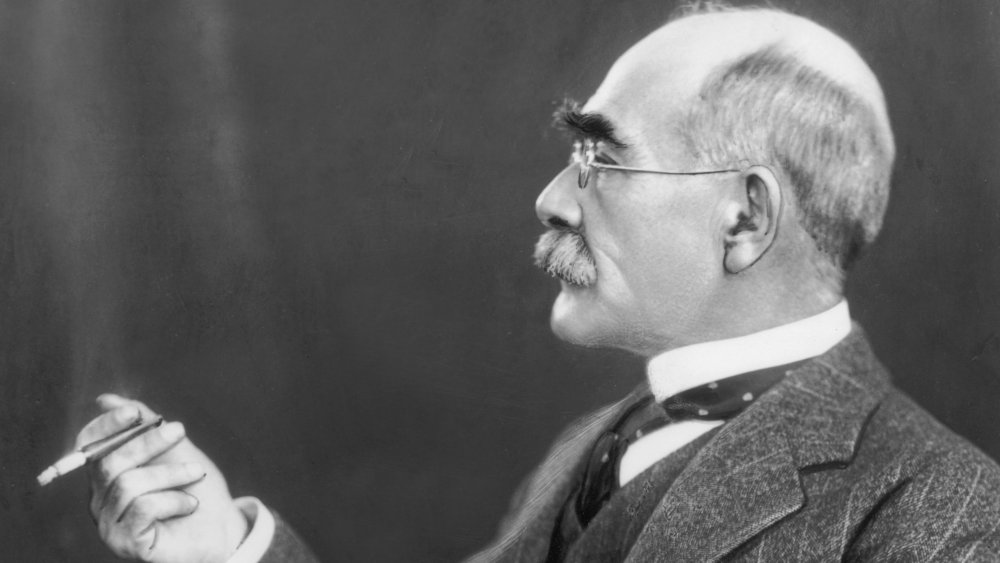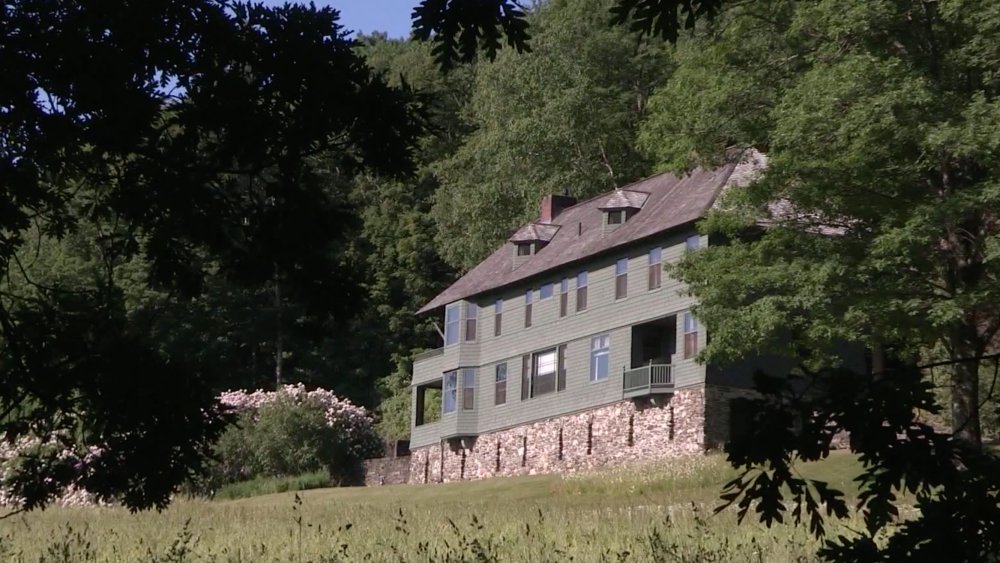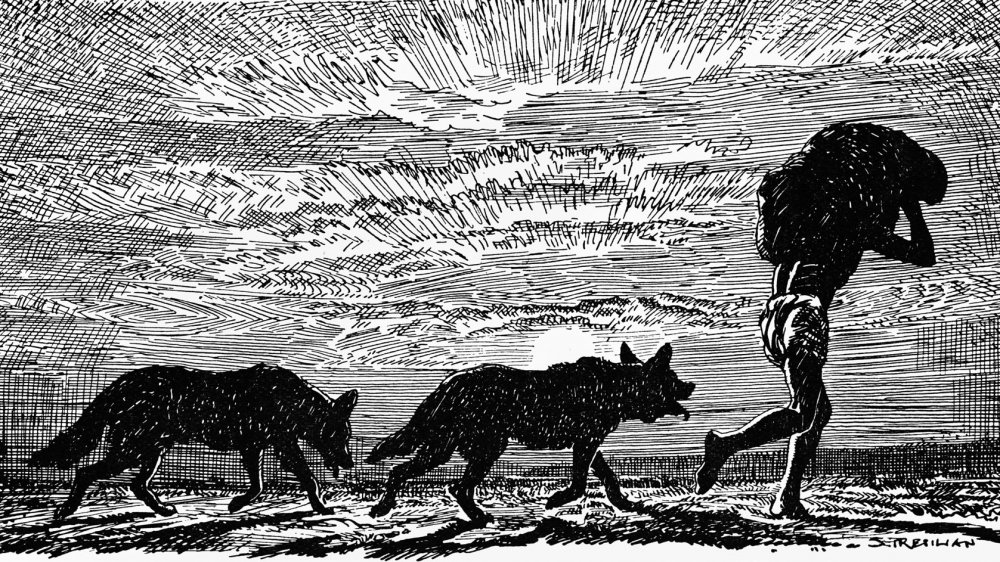Where Did Kipling Write The Jungle Book?
As a child, you may have read The Jungle Book. It's also just as likely you've seen the cartoons or movies based on the book. The Jungle Book, written by Rudyard Kipling in 1894, traces the story of Mowgli, a boy raised in the jungle by wolves.
Kipling knew a lot about the jungle; he was born and grew up in India. His parents were part of a wave of British nationals who moved to the country. He was sent back to England to study at the age of six but returned to India as a young adult. According to Biography, Kipling hated the first school he was sent to in England and longed to be back with his family. He retreated to books and discovered his talent for writing.
Kipling was fascinated by India. As a child, he used to go around markets with his sister and their nanny. He even learned to speak Hindi. When he returned as an adult, he worked for a newspaper, which gave him an excuse to roam Lahore's streets, including (says Biography) brothels and opium dens. It's no surprise that so many of Kipling's novels and short stories are set in India. It was not only a world he knew well, but also a place where his imagination ran wild. The Jungle Book evoked an almost magical India. Yet Kipling didn't even write the book while in India.
He didn't write it anywhere near a jungle
Instead, Kipling wrote his most famous novel in a place about as far removed from India as you can get: Vermont. The Jungle Book, a story filled with tigers, snakes, undulating rivers, and dark trees, was written in the snowy green mountains of Dummerston, Vermont, explained the National Trust for Historic Preservation.
After the success of his first few stories, Kipling returned to England, where he met Wolcott Balestier, an American writer and editor. Kipling married Balestier's sister Caroline in 1892. Wanting to be near his wife's family, he had a house built in Dummerston. The Kiplings named the place Naulakha, Hindi for "priceless jewel." Incidentally, Naulakha is also the name of a novel that Balestier and Kipling co-wrote. (Britannica called The Naulakha "a facile and unsuccessful romance." Ouch.)
Kipling's wife, Caroline, gave birth while the couple lived in Vermont, which inspired the writer to create stories for children. He dug deep into his fascinating childhood and began writing The Jungle Book. It's in Vermont that Kipling wrote most of his children's stories. Other than The Jungle Book, he also wrote its sequel (The Second Jungle Book) as well as Captains Courageous and parts of Just So Stories. The Kiplings, however, did not stay long in Naulakha and Vermont. The family left the United States in 1896 following a dispute with neighbors, including Caroline's brother Beatty.
The house is available to rent
The disagreement escalated to threats of both the legal and death kind. It became a media circus, and the publicity-shy Kiplings left for England, where Rudyard continued to write. Writing gave him solace, especially after his eldest daughter, Josephine, died of pneumonia in 1899, and when his son went missing during World War I. Later on, people saw his stories as celebrating colonialism and imperialism, though Kipling still won a Nobel Prize for Literature in 1907.
Kipling's vision of India no longer exists, but his American home survives. If you're a big fan of Kipling's work, you might want to book a stay at Naulakha. According to the Naulakha website, readers can stay at the Kiplings' Vermont home for as little as $450 a night.
The home retains many of its original features and still has many of Kipling's furnishings. You can sit at the desk where Kipling began imagining Mowgli the man-cub, and soak in his bathtub. It's probably not going to make you a Nobel Prize winner right away, but it could prove to be an inspiration. Guests can also play tennis on Kipling's clay tennis court, the first built in the state. It has dedicated sledding hills and cross-country ski trails. The house, with its Indian-inspired elements, is considered a National Historic Landmark. Staying in Kipling's home in Vermont won't give you Jungle Book vibes, but it's at least much closer to the story than most people ever get.


